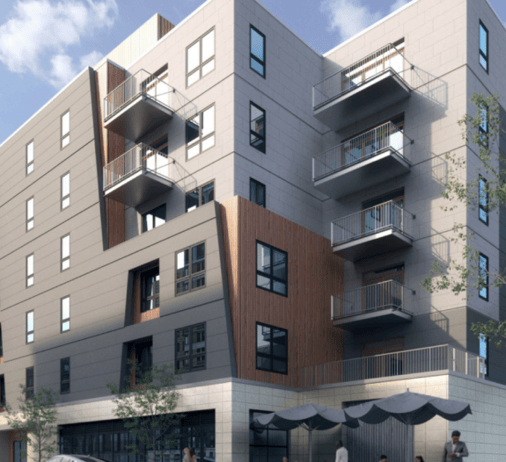6 Questions to Ask Before Buying a Condo in Boston
(This is a guest post.}
If you have serious reservations about moving to the Boston area and have stopped by this page, you must also have serious reservations about purchasing a condo. Hopefully this post will answer some of the questions you may be asking yourself. Buying a condo is actually a bit more complex, in some ways, than buying a home. For instance there are meticulous things that you should educate yourself on before making a purchase. Condominiums are usually a good option if you are not into do-it-yourself upkeep, have an incredibly busy schedule, travel a bunch, have a second home, and if you like the aspect of community facilities.
What do the monthly condominium fees cover?
Before buying a condo you should be aware that there are going to be additional fees, usually under the guise of HOAs that are levied on top of your standard mortgage, should you have one. Obviously this is how the management company is able to afford your convenient upkeep. For instance, any type of maintenance issue that arise the management company should be able to provide immediate assistance. As for the cost? Typically the monthly fee depends on how many properties are in the complex, how new they are, and how good of shape they are in. Sometimes the fees cover access to and maintenance of the gym facilities, a pool, tennis courts etc.
 What is the management team presence?
What is the management team presence?
Obviously a management team with a more hands-on and a more visible presence is a good thing. This will illicit quicker response times for repairs, and if you find yourself in an emergency situation time is invaluable. If the management team is absent, you are most likely to expect delayed response times.
What does the reserve fund look like?
So the reserve fund, also referred to as the capital reserve account, is used for emergency repairs, universal upgrades, new community facilities and any other type of large operations that may need to take place. Usually the reserve fund should be around 10 percent of the annual operating budget, although any small fluctuation is not a big deal. However, if the complex is old the number should much greater, approaching 25 percent for instance if the complex was built more than 15 years prior.
How wide-ranging are the services?
Does your condominium include parking, gym facilities, water sports, or any other type of special offerings? Some condos include cable, energy costs, and dog walking services etc. which are included in the HOA fees.
How well will it hold its value?
Perhaps the single biggest qualm with buying a condo is that, typically, condos do not appreciate at the same rate as single family homes. This is for obvious reasons. There are few steps you can take to ensure that your future condo will appreciate faster than the norm, nevertheless. Make sure that the management company is both active and efficient. A more aggressive management company will go a long way in creating value for your property. For instance, repairs will be made swiftly as well as upgrades. Even though it may be inconvenient you will appreciate the hard work and aggressive upgrades the management company put in should it come time to sell. Thus, if you are looking to move homes in the next few year and expect the property to appreciate at 5% annually, a condo may not be the soundest option.
What are the condo association rules?
Make sure to educate yourself on these. Some are pet friendly and others aren’t. Some charge insane fees for a second vehicle, large truck, pet, extra pet, or other specialized items. They also may prohibit having a certain number of people over after 10:00. It’s important that you and your lawyer go over rules and regulations thoroughly so that you are not confronted with unanticipated fees!

